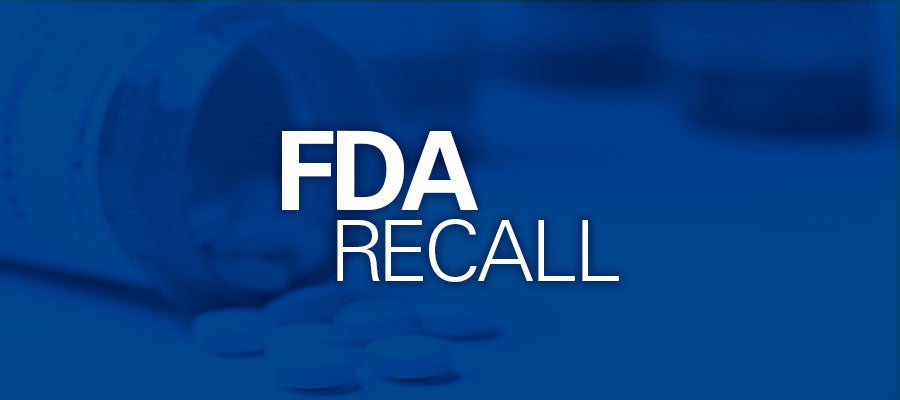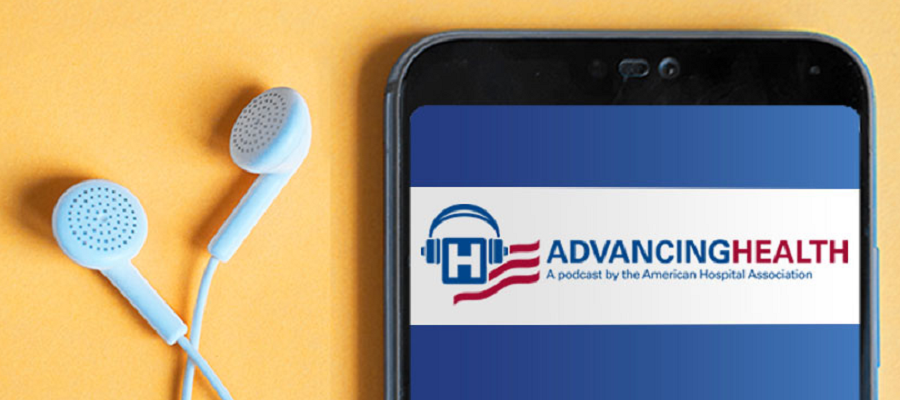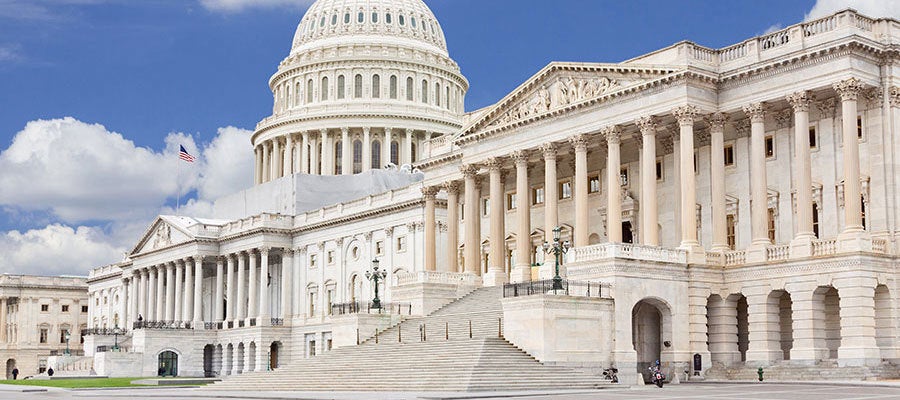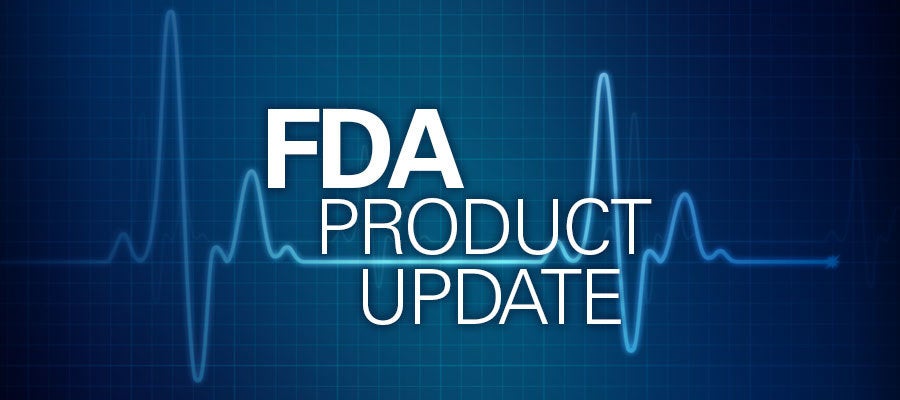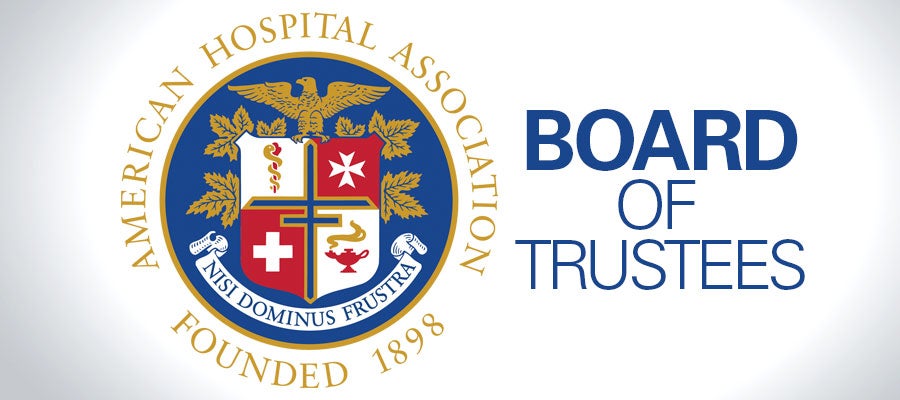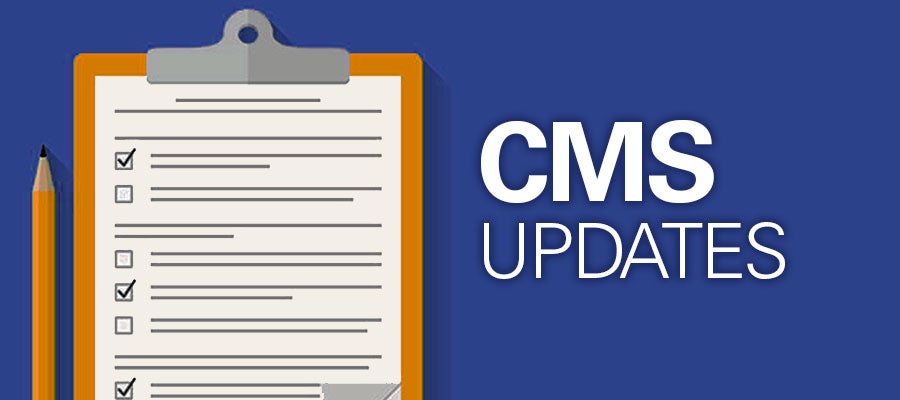
Some health care needs are predictable but some are not. We can plan around giving birth, having a heart bypass, or scheduling a colonoscopy. But there are also surprises, such as injuries from accidents, or a cancer that appears with no family history … or COVID-19.



